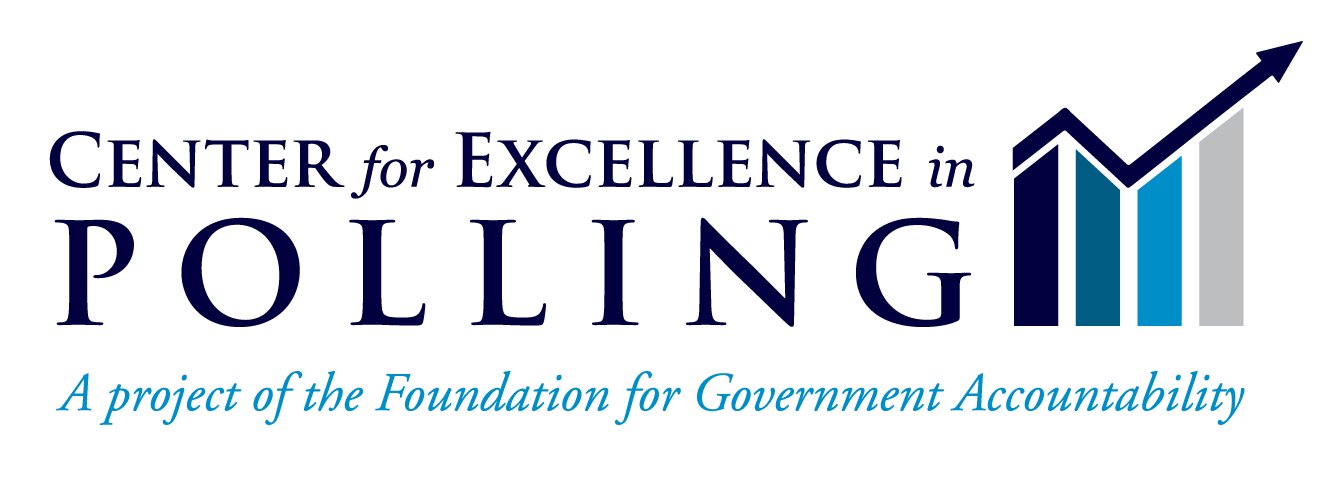Publication date: September 7th, 2023
Written by: Travis N. Taylor PHD
The Center for Excellence in Polling recently surveyed likely voters about federal regulations. Results show that Republican and Democratic voters tend to share similar attitudes about regulation, while Independents stand out as less certain on the issue than partisan voters. Still yet, voters tend to favor moves toward deregulation.
A strong plurality of likely voters believes the federal government has too many regulations. By a 19-percentage point margin, voters are more likely to say the federal government has too many regulations (45%) rather than too few regulations (26%). This margin is driven by Republicans and Independent voters with six in 10 Republicans and 43 percent of Independents—a nine-point plurality—saying the federal government has too many regulations. The plurality of Democrats (47%) says the number of regulations is just about right.
Voters are concerned about the number of federal regulations
73%
of likely voters say they are very or somewhat concerned about the number of federal regulations. This is a point of strong agreement across party lines with 82 percent of Republicans and three in four Democrats expressing concern. Although a majority of Independent voters (59%) say they are concerned about the number of federal regulations, their level of concern is notably smaller than that of partisan voters.
Bipartisan support for deregulation, but Independents are less certain
56%
of likely voters say they are likely to vote for a presidential candidate who promises to reduce the number of federal regulations. In a rare point of bipartisan agreement on campaign issues, two-thirds of Republicans and six in 10 Democrats say they are very or somewhat likely to vote for a candidate for president who promises to cut regulations.
Similar numbers of partisan voters are unsure about deregulatory promises on the campaign trail—19 percent of Democratic voters and 18 percent of Republican voters say they are unsure about whether they would vote for a presidential candidate who wants to cut federal regulations. Independents, on the other hand, are highly uncertain—one-third of them say they are unsure. Still yet, a slight plurality (38%) of Independents says they are likely to vote for a candidate who promises to reduce federal regulations. Combining an understanding of Independents’ level of concern with their level of uncertainty hints at their ability to be persuaded on the issue.
55%
of likely voters strongly or somewhat support getting rid of two government regulations for every new regulation that goes into effect. Again, support for this commonsense deregulatory move is driven by partisan voters, including 55 percent of Democrats and 66 percent of Republicans. While 30 percent of Independents are unsure about this reform, a strong plurality (43%) supports the move.
The bottom line
Voters are, on balance, tuned in to the issue of federal regulations. Candidates and elected officials of both parties have a rare opportunity to come together on an issue that is of concern to their own base and one on which they can likely persuade Independent voters—shrinking the size of the federal regulatory state.
